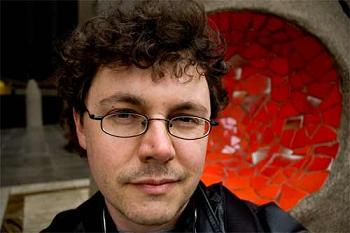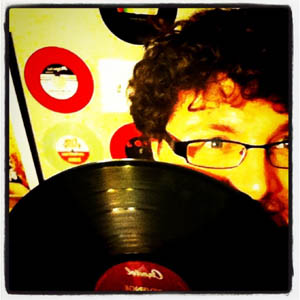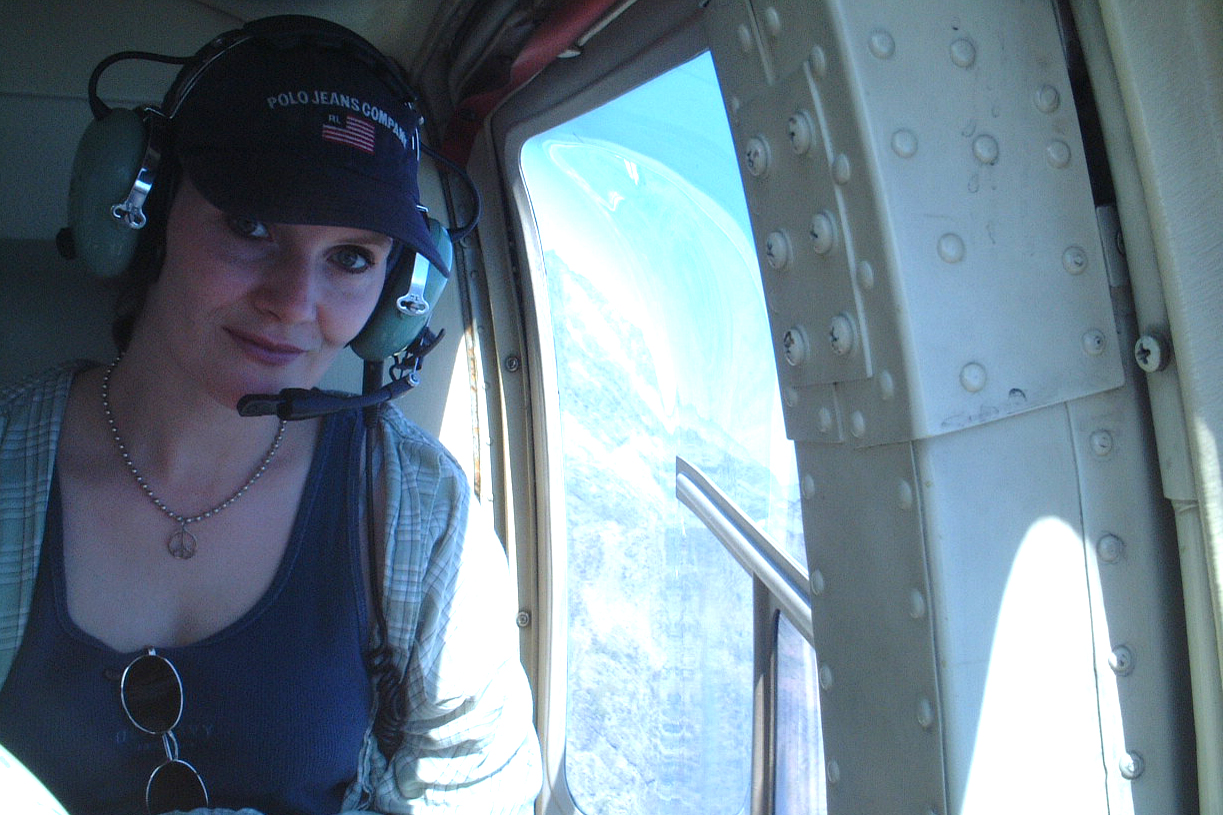 About two weeks ago, I had a bolt of inspiration…or maybe it was lunacy. By this I mean turn my household (including my home office) upside down and reconfigure the way I utilize my work and living space. Not that it wasn’t perfectly functional, it just didn’t make sense anymore.
About two weeks ago, I had a bolt of inspiration…or maybe it was lunacy. By this I mean turn my household (including my home office) upside down and reconfigure the way I utilize my work and living space. Not that it wasn’t perfectly functional, it just didn’t make sense anymore.
It all began last December when my son Will completed his academic curriculum and entered the home stretch toward graduation in May. He already had a full-time job, and since he no longer needed to spend school nights at his dad’s to be closer to campus, I suggested that he come to live with me in my spacious, two-bedroom apartment. At the time, the logical choice seemed to be that I would incorporate my home office into the larger master bedroom, and he would occupy the smaller bedroom.
At first, I liked the convenience of my integrated office and personal space, but over time, as my son and I got comfortable in our daily rhythms and routines, it became clear that we were both cramped in too-small spaces, while an absolutely lovely 150 square-foot living room went virtually unused. It’s decorated in a Japanese motif, with shoji screens framing a sliding-glass door that opens onto a balcony overlooking a wooded ravine with a creek running through it. Truth be told, I’ve fantasized about making it my personal space since the day I moved into this place eight years ago, especially since I don’t do much entertaining at home.
So…in that moment of inspiration / lunacy, I decided it was time to deconstruct my world. I had no trouble enlisting Will in the process, and the following Saturday, we set about the task of relocating every object we own: clothing, furniture, artwork, books, office supplies, computers, televisions, appliances…absolutely everything. Of course, this would mean living (and working) in chaos for a couple of weeks until all was put to rights; but it seemed a small price to pay for the reward of more spacious living for us both.
The following morning, when I awoke amid a sea of boxes and dislocated furniture in what used to be my living room, my first thought: “Good Lord!…what was I thinking?” As a Type-A personality, chaos makes me cranky, even if I’m the one who created it. But if there’s one thing I know about myself, it’s that I’m a firm believer in the divide-and-conquer method of task completion. My motto: I can’t do everything, but I can do one thing. And that’s what I’m doing…tackling the chaos one tiny task at a time until my well-ordered world once again approaches an entropy of zero.
 Celeste Heiter is the author of Turn Your PC into a Lean Mean Freelancing Machine, the creator of the LoveBites Cookbook Series for Kindle Fire, and the author of Potty Pals , a potty-training book for children. She has also written ten books published by ThingsAsian Press; and spent eight years posting her recipes, food photographs, and film reviews on ChopstickCinema .
Celeste Heiter is the author of Turn Your PC into a Lean Mean Freelancing Machine, the creator of the LoveBites Cookbook Series for Kindle Fire, and the author of Potty Pals , a potty-training book for children. She has also written ten books published by ThingsAsian Press; and spent eight years posting her recipes, food photographs, and film reviews on ChopstickCinema .
Visit her website, and her Amazon Author Page.




